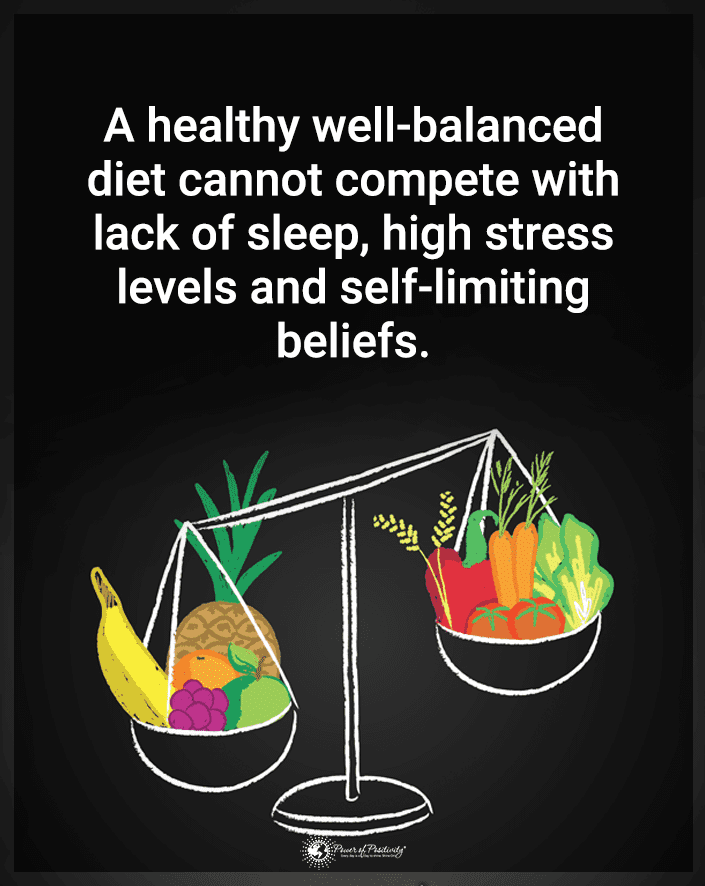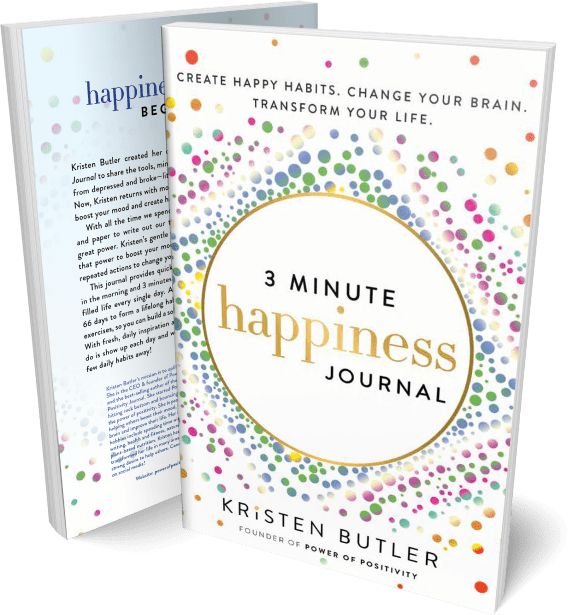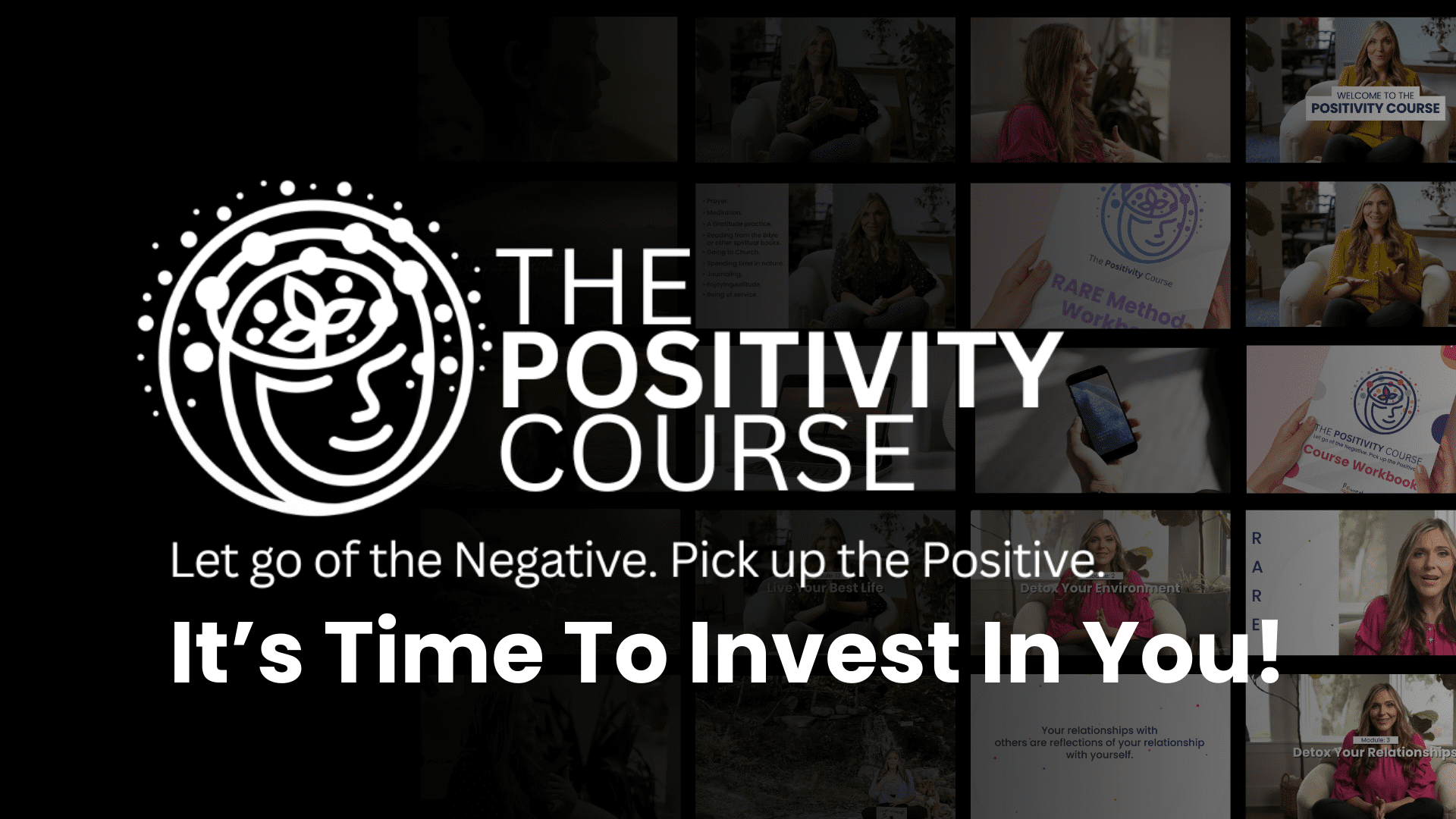Here’s why being consistent can lead to a better quality of life.
Consistency may seem old-fashioned, even mundane, in a world of endless choices and rapid changes. Yet, in its simplicity, consistency is a cornerstone in building the most fulfilling life. Being consistent is not about grand gestures or monumental decisions; rather, it’s the power of small, regular actions that steer the ship of our lives toward the shores of success and well-being. You’ve likely heard sayings like “slow and steady wins the race” or “little drops of water make a mighty ocean.” These adages encapsulate the essence of consistency – a steady, unwavering dedication to a course of action, day in and day out.
But is consistency the key to unlocking a better, more satisfying life? This article delves into this query, exploring how consistency – be it in habits, routines, or thought patterns – can be a transformative force. From boosting mental and physical health to shaping the course of our personal and professional lives, the role of consistency is both profound and far-reaching. Whether it’s sticking to a healthy diet, maintaining an exercise routine, or dedicating time to personal growth, the effects of these regular, consistent efforts often compound over time, leading to significant, long-lasting changes.
As we navigate the intricacies of consistent behaviors, we’ll also touch upon the challenges of maintaining consistency and strategies to overcome them. So, buckle up and get ready to discover if consistency is the secret ingredient to a life that’s not only better but also richer and more fulfilling.
Understanding Consistency
Consistency refers to the commitment to a behavior or thought pattern over time. It’s about making a choice and then repeatedly following through on it. In the context of habits and routines, consistency translates to maintaining regular practices – whether a morning jog, meditating before bed, or dedicating an hour each day to learning a new skill. This steadfast adherence is not about rigidity but about creating a stable foundation for improvements and growth.
The significance of consistency spans both physical and mental well-being. Physically, a consistent routine can mean better health outcomes, from improved cardiovascular fitness to stronger muscles. Mentally, it offers stability and predictability, which can be particularly comforting in a chaotic and uncontrollable world. By embedding consistency into our lives, we create a structured environment to enhance our focus, reduce anxiety, and foster a sense of accomplishment.
The Power of Daily Habits
The true power of consistency is most visible in our daily habits. These small, regular actions might seem insignificant, but over time, they accumulate and lead to substantial changes. Consistently eating a balanced diet, for instance, might not show immediate effects, but over weeks and months, it can transform your health. Similarly, dedicating just 15 minutes a day to reading can exponentially increase your knowledge over the years.
The Boston University student well-being blog underscores the value of a daily routine incorporating healthy habits like regular movement, adequate sleep, and balanced meals. It explains how a wellness routine is not just a schedule; it’s a daily commitment to your health. This routine should be flexible enough to support you on tough days while also boosting your energy and morale on better days.
By building such a routine, you’re taking care of your immediate needs and investing in your long-term health and well-being. Each small step, each consistent action, is a brick in the pathway to a healthier, happier you. Whether it’s stretching first thing in the morning, choosing water over sugary drinks, or setting aside time for mindfulness, each of these habits, when performed consistently, contribute significantly to your overall well-being.
The power of daily habits lies in their accumulation and the compound effects they produce over time. Through consistency, what starts as a small change can blossom into a transformative lifestyle, steering you towards a life that is not only healthier but also more fulfilling and rewarding.
Here Are Some Habits That Support a Consistent, Happier Lifestyle
- Daily Movement: Engage in some form of physical activity each day, such as walking, yoga, or stretching.
- Balanced Diet: Include many foods, focusing on fruits, vegetables, whole grains, lean proteins, and healthy fats.
- Adequate Hydration: Aim for least eight 8-ounce glasses of water daily.
- Quality Sleep: Prioritize seven to nine hours each night, maintaining a regular sleep schedule.
- Mindfulness Practices: Incorporate activities like meditation or deep breathing into your daily schedule to manage stress.
- Regular Breaks: Take short breaks during work or study to improve focus and productivity.
- Positive Social Interactions: Connect with friends and family regularly, whether in person or virtually.
- Gratitude Journaling: Jot down the things you are grateful for in a daily journal to keep a positive mindset.
- Time Management: Plan your day to effectively balance work, leisure, and self-care.
- Learning and Personal Development: Dedicate time to learn new skills or hobbies, contributing to your intellectual growth.
Remember that the key is to start small. Then, gradually build these habits into your daily routine. Consistency in these practices can significantly enhance your physical, mental, and emotional well-being over time.
Consistency in Mental Health
The role of consistency in improving mental health is substantial and multifaceted. A consistent routine provides structure and predictability in our daily lives, which can be incredibly grounding, especially in times of uncertainty or stress. This sense of routine can create a framework that supports mental well-being by reducing anxiety and providing a sense of control and order.
One of the primary benefits of a consistent routine is stress reduction. When our days have a predictable structure, it reduces the number of decisions we need to make, lowering stress. That can be especially helpful for those who struggle with anxiety or decision fatigue. Additionally, regular routines that include specific times for work, relaxation, and sleep can help regulate our body’s natural rhythms, leading to improved sleep patterns, which are crucial for mental health.
Another significant benefit is the development of resilience. By sticking to routines, even simple ones like a morning or bedtime routine, we build a foundation that can help us better handle life’s ups and downs. Consistent routines can act as anchors, providing stability during turbulent times.
Furthermore, a consistent routine that includes regular exercise, healthy eating, and mindfulness practices can positively affect mental health. Exercise, for instance, is well known for its mood-boosting effects, thanks to the release of endorphins. Healthy eating habits can affect brain health, influencing mood, energy, and cognitive function. Mindfulness and meditation can help manage stress, But they also help to reduce symptoms of mental health conditions like anxiety and depression.
Physical Health and Consistency
The link between consistency in exercise and diet and overall physical health is undeniable and multifaceted. Adopting a consistent approach to physical activity and nutritional habits is not just about short-term goals like weight loss or muscle gain; it’s about fostering long-term health, preventing diseases, and improving the quality of life.
Consistency in Exercise
Physical activity, when done regularly, offers a plethora of benefits. Regular exercise strengthens your heart and also improves circulation. It also helps manage weight. Additionally, it is key in preventing health issues like obesity, heart disease, diabetes, and many types of cancer. Consistency in exercise ensures that these benefits are sustained over time, leading to better health outcomes and longevity.
The type of exercise doesn’t always need to be intense or time-consuming. Even moderate but regular physical activities like brisk walking, cycling, or swimming can have significant health benefits. The key is to stay consistent—make exercise a regular part of your routine rather than an occasional endeavor.
Consistency in Diet
Similarly, consistent dietary habits play a critical role in health. The Center for Healthy Eating and Activity Research at UCSD emphasizes the importance of daily decisions about what we eat to maintain good health. Choose fruits, vegetables, whole grains, lean proteins, and healthy fats – each leads you to better physical health. It’s not about drastic or short-term dietary changes but about consistently making healthier food choices.
Consistent, healthy eating patterns help manage body weight, provide nutrients, and reduce the risk of chronic diseases. Furthermore, a balanced diet supports the body’s immune system, aids in better sleep, and improves energy levels.
Preventing Diseases
Combining a consistent, balanced diet and regular physical activity is a powerful tool in disease prevention. These lifestyle choices lower the risk of developing chronic diseases, enhance mental health, and contribute to a longer, healthier life. The idea is not just to add years to life but to add life to those years by staying active and eating well.
Overcoming Challenges in Maintaining Consistency
Maintaining consistency, especially in health, fitness, and personal development, can often be challenging. Two common obstacles many face are a lack of motivation and poor time management. Let’s explore these challenges and provide strategies to overcome them backed by research and expert opinions.
Challenge 1: Lack of Motivation
Motivation can ebb and flow, and it’s not uncommon to feel highly motivated one day and completely unmotivated the next. This inconsistency in motivation can significantly hinder the ability to maintain regular habits.
- Set Clear, Achievable Goals: Research suggests that setting specific, achievable goals can boost motivation. Goals give a sense of direction and purpose, making it easier to stay on track.
- Find Your Why: Understanding the deep reasons behind your goals can strengthen your motivation to maintain consistency. Reflect on why these goals are important to you personally.
- Create a Support System: Surrounding yourself with supportive friends family, or joining a community with similar goals can provide encouragement and accountability.
- Reward Progress: Celebrating small achievements can reinforce positive behavior and boost motivation. Rewards don’t always have to be big; they can be simple acknowledgments of your hard work.
Challenge 2: Time Management
Finding time for new habits can be tough, especially with a busy schedule. Effective time management is key to integrating these habits into your daily life.
- Prioritize Your Activities: Identify the most important tasks and focus on them. It often involves saying no to less important activities to make room for your priorities.
- Plan Ahead: Use tools like planners or apps to schedule your day, including specific times for your new habits. A visual representation of your day can help you allocate time more effectively.
- Establish Routines: Routines can automate habits, reducing the need to decide when and how to incorporate them into your day.
- Be Flexible: Be prepared to tweak your plans as needed. Flexibility can prevent frustration when things don’t go as planned and help you find alternative ways to maintain your habits.
Challenge 3: Overcoming Discouragement from Setbacks
A third common challenge in maintaining consistency is dealing with setbacks or failures. Whether missing a few days of exercise, straying from a diet plan, or failing to meet a personal development goal, setbacks can lead to discouragement and a sense of failure, which might deter further efforts.
- Accept Setbacks as Part of the Process: Understanding that setbacks are a natural part of any journey is crucial. They do not signify failure but are opportunities for learning and growth.
- Reframe Your Perspective: Instead of viewing setbacks as failures, see them as chances to gain insight into what works and doesn’t. This reframing can help maintain a positive outlook and resilience.
- Adjust Your Approach: If a particular strategy isn’t working, be open to adjusting your methods. Flexibility in approach can lead to more effective ways of achieving your goals.
- Seek Feedback and Learn: An outside perspective can sometimes provide valuable insights. Seeking feedback from trusted individuals or professionals can help you understand why a setback occurred and how to prevent it in the future.
- Stay Committed to Your Why: Revisiting the reasons you started can reignite motivation and help you push through difficult periods. Remember that the path to success is usually not linear, and perseverance is key.
By acknowledging and effectively navigating through setbacks, you can build resilience and a stronger commitment to your goals, ultimately leading to success in maintaining consistent habits.
Long-term Benefits of Consistency
When practiced over the long term, consistency can profoundly impact our lives, leading to lasting improvements and success in various aspects.
- Improved Health and Well-being: Consistently following a healthy diet and exercise routine has significantly reduced the risk of chronic diseases. These include diabetes, heart disease, and obesity. It not only improves the quality of life but also extends longevity.
- Achievement of Goals: Consistency in working towards goals, whether personal, professional, or educational, leads to their eventual achievement. Even in small amounts, regular effort accumulates over time, making even the most ambitious goals attainable.
- Habit Formation: Research in psychology suggests that consistent behavior over time leads to the formation of habits. Once a behavior becomes a habit, it demands less effort and becomes a natural part of our daily lives.
- Increased Self-Esteem and Confidence: Consistent behaviors can significantly boost self-esteem and confidence. Your trust in your abilities grows as you meet your commitments to yourself.
- Better Mental Health: Consistency in routines and habits, particularly those related to self-care and mindfulness, can lead to better mental health, reducing symptoms of anxiety and depression and increasing overall happiness.
These long-term benefits underscore that consistency isn’t just about immediate results; it’s about creating a foundation for a life that is continually improving and evolving.

Final Thoughts on Consistency and the Connection to a Better Life
Consistency is indeed a key ingredient to a better life. By understanding its role in our daily habits and mental and physical health and overcoming associated challenges, we can harness its power to transform our lives. The long-term benefits of consistency – from achieving personal goals to improving overall well-being – are substantial and well-supported by evidence.
Being consistent is not about big, sweeping changes but rather about small, steady efforts that compound over time. Embrace consistency not just as a concept but as a practice, and watch as it opens doors to a healthier, happier, and more fulfilled life. Start small, stay committed, and let the journey of consistency begin.





















